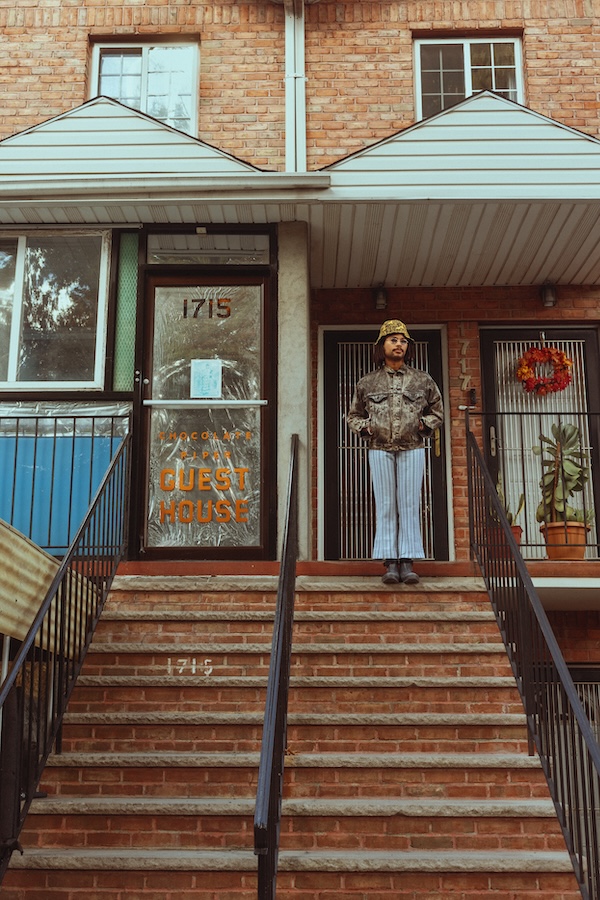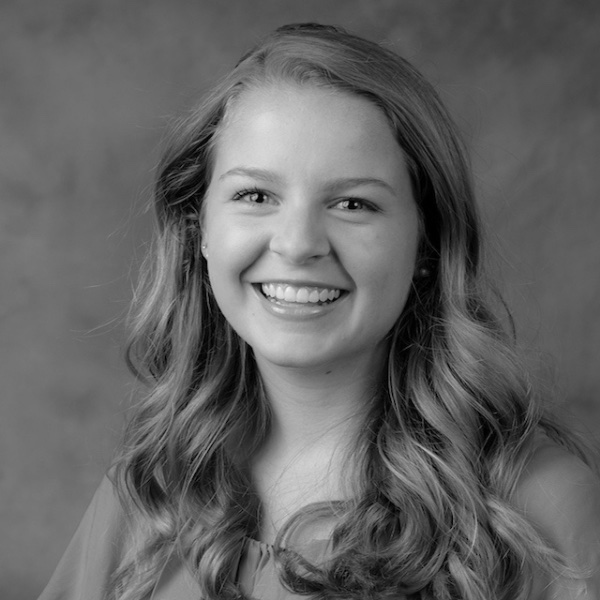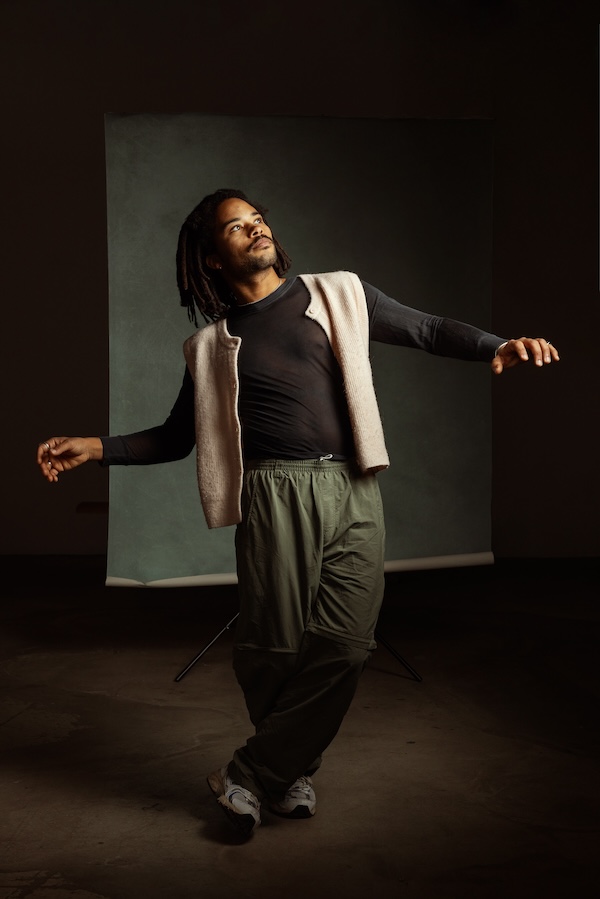
Spurgeon “Spurge” Carter (’14) was already DJing and making music as a high school senior when he visited Wake Forest’s campus to make his decision about where to go to college. Some students advertising for Wake Radio at a table outside The Pit caught his eye. Carter stopped to talk with them.
That night, after a storm rolled in and delayed his drive home to Randallstown, Maryland, he joined the Wake Radio students to hang out. “Finding that there were other people that seemed to fit with my aesthetic sensibilities,” Carter says, opened his eyes to the creative possibilities at Wake Forest.
As an undergrad, he pursued those possibilities with zeal. He managed the Wake Radio station, hosted a show, lived in the Wake Radio house and DJed for Wake ’N Shake and the President’s Ball. After graduation he moved to New York in search of more creative possibilities and community. He found both.
Today, Carter lists himself on LinkedIn as a “creative professional.” He makes electronic and alternative rock music, DJs at clubs and operates an imprint label, Eto Ano, which he uses to brand his radio show. He broadcasts the show monthly on The Lot Radio, a famed online nonprofit operating out of a shipping container in Brooklyn. At the time of his conversation with Wake Forest Magazine, Carter worked at a record label, Partisan Records, and ran its gallery space, Mews, where he designed programs for creatives “to generate dialogue that’ll hopefully be inspiring for people like myself,” he says. Add to the list of achievements the extended play release Carter released last year, “Are You Good?” under the name “Aliese,” a solo project.
We wondered at Wake Forest Magazine how Carter maintains his creative drive and what fuels his new work. Deputy Editor Katherine Laws Waters (’20) spoke with him in Brooklyn by Zoom to ask about his process, community and inspiration. This conversation has been edited for brevity and clarity.
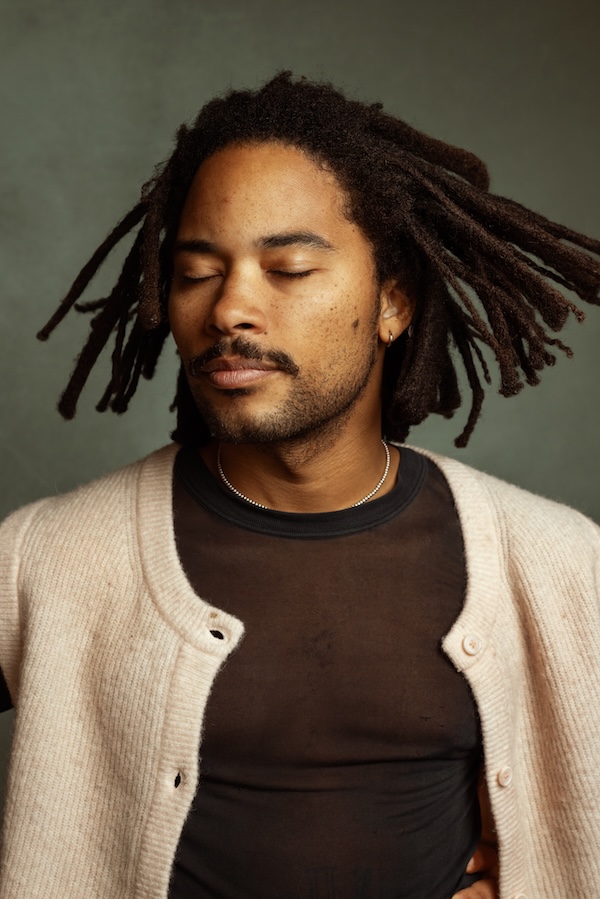
1.Katherine Laws Waters: Where do you find inspiration to spark your creative process?
Spurge Carter: Cultivating spaces for inspiration (is) important. For example, last night I hosted a table read event for a friend, where young TV writers bring their scripts and get (volunteer) actors to come and read in a table read format. There were probably about 50 people here (at Mews) who were in attendance and asking questions after. It could be a conversation you have after an event or something like that that resonates with you. …
I think after having put out a record this year, I’ve honestly just been not feeling very creative for the past several months. … I’ve, in the past couple weeks, I think broken through a little bit. … (There’s) something about just being regimented. Just working out. You’re not going to feel like you want to work out every day, but if you still show up and go to the gym, you are going to see small gains. …
A lot of how this EP came about was I was in my apartment for, obviously, months on end during the pandemic, and it was sitting down every day and just making music for six to eight hours a day and trying to find something that resonated. So, there’s a balance of just living life and allowing inspiration to come and just sitting down every day to make noise, make sound, and when you feel something, you feel something.
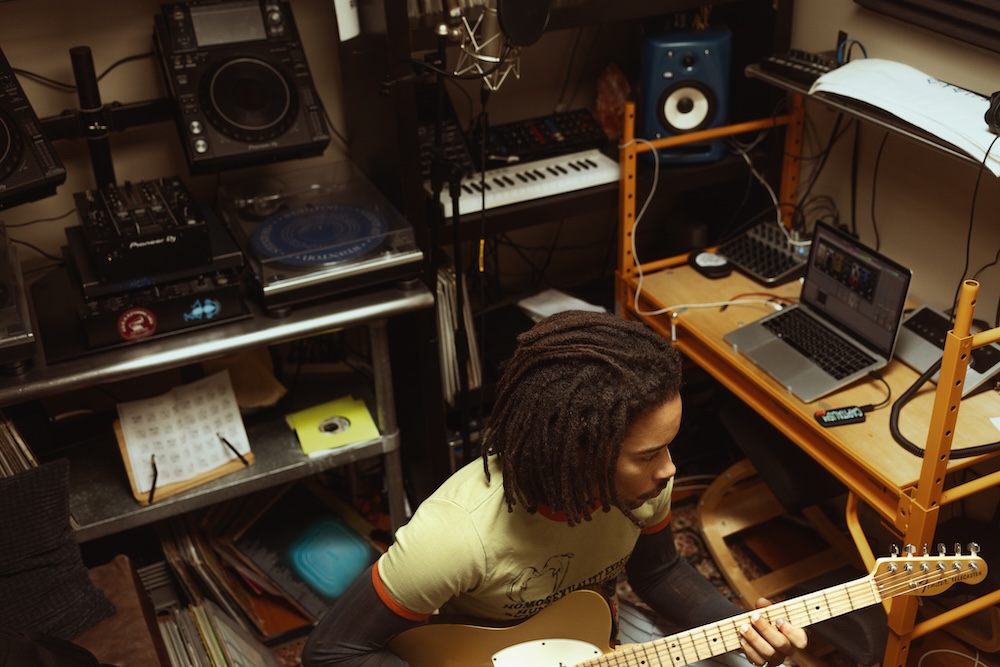
2.KLW: Tell me more about your creative process.
SC: I think that music for me is also a form of processing life and experience, … very much like a journal, where a lot of it is processing the emotions or a way to express that feels quite personal. … That’s why it’s meaningful to share and, hopefully, see people connect or enjoy it, because it feels like such a core extension of myself. …
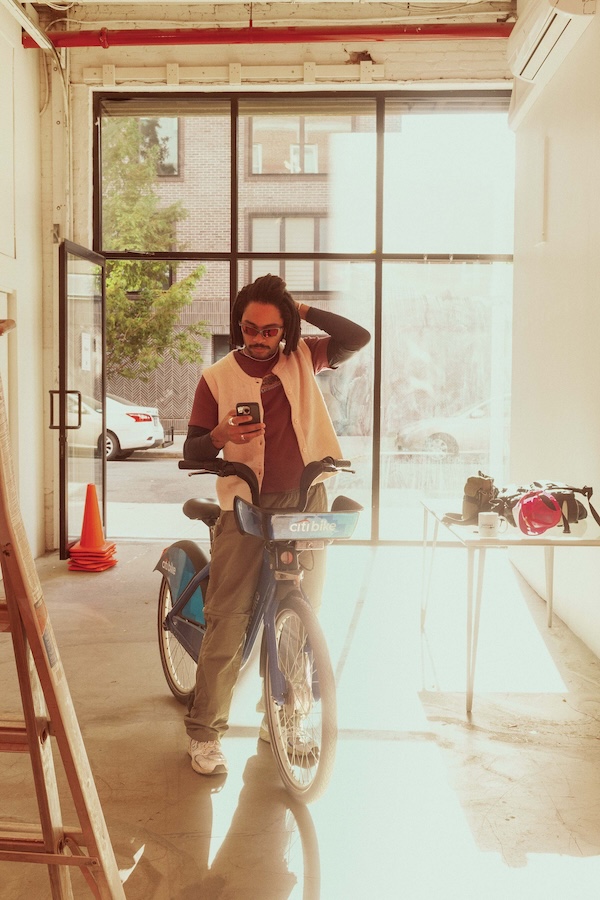
(Even last night) I was up late working with one idea, woke up, picked up the guitar, immediately started again. … (I)t’s just weaved into the fabric of how I live.
3.KLW: What is the importance of having a creative community around you?
SC: With music, it’s nice, you can play a half-baked idea at a show to five people, get their feedback and then take that and workshop it. And you have this really nice dialogue between audience and artist. … I think that it’s something where you also need to find a balance of trusting yourself and going back to this relationship to self and intuition. You can certainly pander and try to go too far toward external opinion and validation.
And I’ll say for myself a big reason why I moved to New York (was that) I always knew that I wanted to primarily make music and express, but I didn’t know what I wanted to say. I spent most of my 20s jostling around, taking on opportunities, trying to figure it out. This record that I put out under this project, “Aliese,” was definitely the most synthesized version of myself in the way in which I want to express, and that took just about 10 years in New York to get to a place where that was the case. But, knowing that I wanted to do that, the reason why I moved here was to find community or at least be in a space where I could grow. So, it definitely feels super important to be a part of.
4.KLW: You have a monthly show on The Lot Radio. How did you get involved there?
SC: When I moved here, I worked at (Creative Artists Agency). … I bounced around to recording studios for a while. Basically, I was looking for community. When you think about 1960s California and this vision of (how) recording studios used to be a place where you could bump into other musicians and create community — that was less of the case in my experience (here). It’s very isolating, especially if you’re engineering or in roles that can be a little bit more behind the scenes. So, I was kind of looking for that, and because of my time (studying abroad) in London while I was at Wake, I knew about internet radio from this radio station, NTS, (that) seemed to be a big point of cultivating community.
So, I had stumbled upon The Lot in its first few months of opening up and just anticipated that it was going to be something where it was going to build a big community around it. So, I started working there in 2016. I worked there from a barista standpoint … meeting people, meeting all the DJs, helping out with all of the technical aspects of running the shows. … Basically, I was embedded in the team that way for four years. … I was able to really cultivate most of my community.
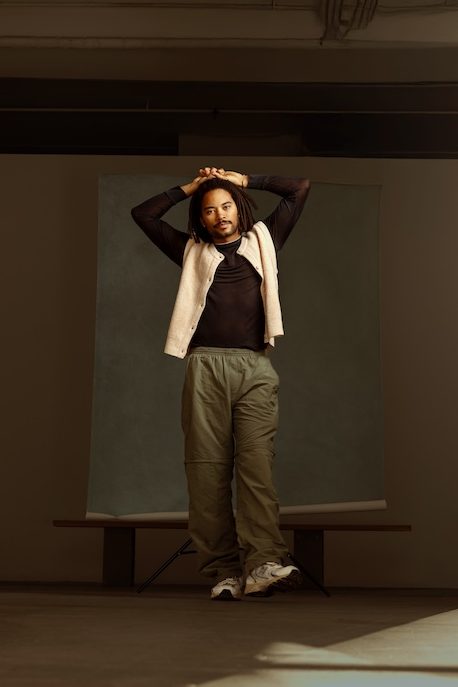
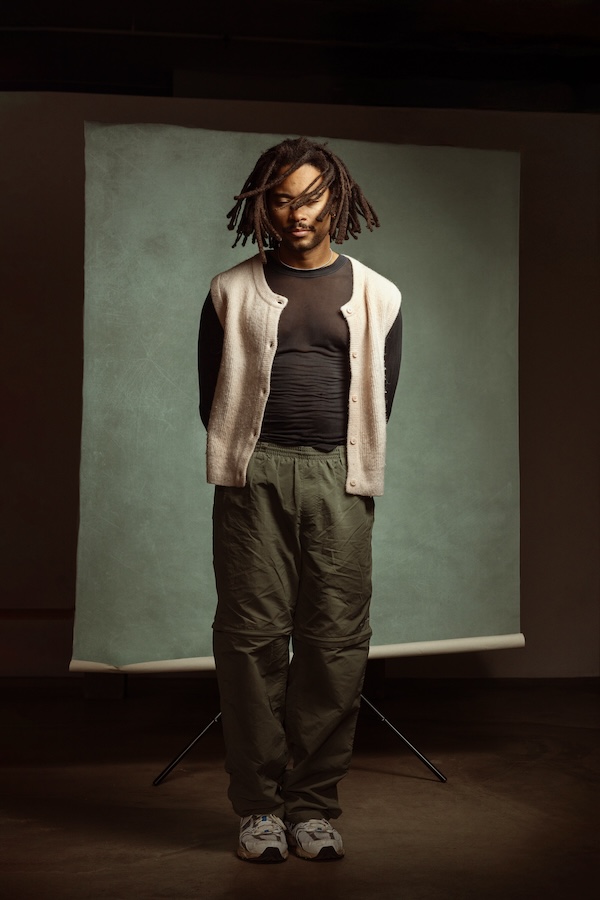
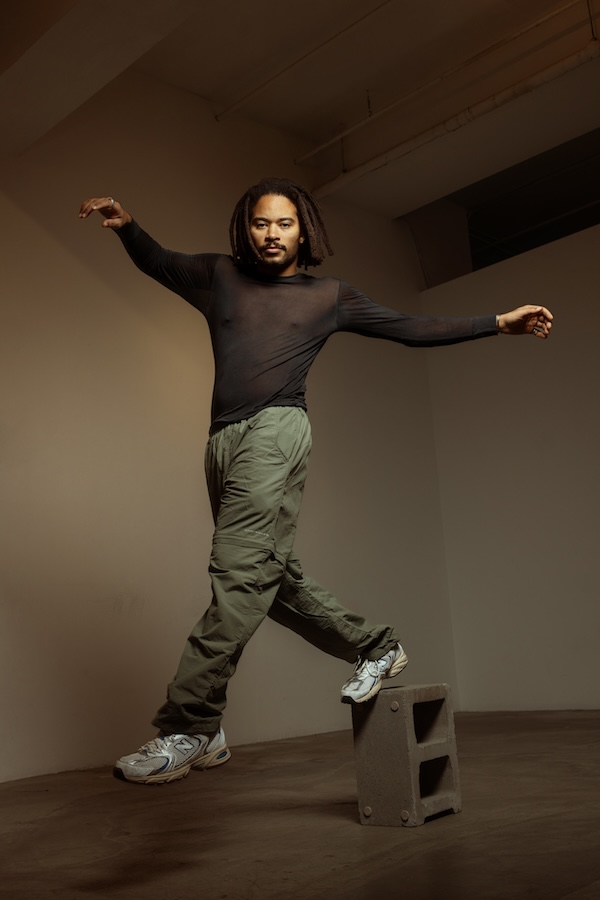
5.KLW: What sounds are you hearing in Brooklyn that could make it into your future music?
SC: A lot of music that I honestly listened to when I was at Wake is starting to become refreshing again, which is weird to experience but kind of nice. I genuinely enjoy going out more now than I have in the past couple of years because obviously it’s been difficult to do things … through the pandemic.
In terms of sounds, honestly, it’s probably more dialogue. Just conversations have been inspiring — conversations that will probably show up more thematically than sonically. … I think right now there’s trying to parse through the grief, then apathy, living in this time that we’re living in where everything’s so obviously politically fraught and quite upsetting. What do we do with that energy? … (Also) people really digging in or finding community and enjoying smaller moments. That’s what I’m also trying to cultivate here, where things feel so big and kind of uncontrollable in a lot of ways. I think that we just have to get up every day and continue to exist even despite that. And what do we do with that? How can we make a difference or impact?
I’m getting older. What does that mean? … I’m living in and experiencing things that are as old as time and also, maybe, some things that are new and confusing, and we’re trying to figure it out. Ultimately, that’s, to me, again, what I guess creativity, but art is about: just processing things that hopefully people can relate to and be like, “I can understand that, or maybe I can’t, but it makes me feel something.” … I don’t think that what I’m doing is, in the grand scheme, new in any way, but I can only just get up every day and leave my version of the story.
